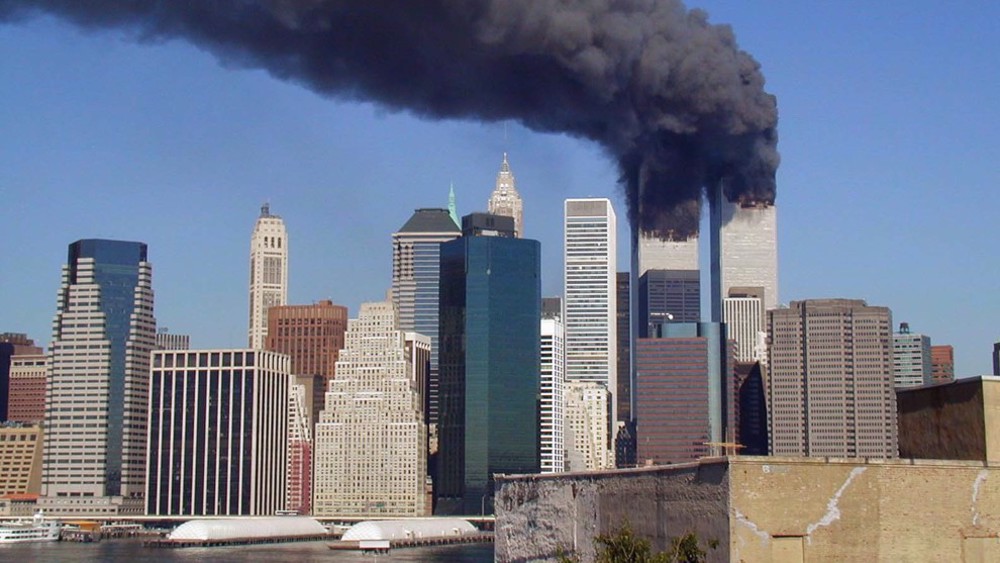HNC negotiators not serious about Syria peace: Analyst
Press TV has interviewed Paul Larudee, a former US government advisor in Berkeley, about chief negotiator of the Saudi-based Syrian opposition resigning over what he called the failure of UN-brokered negotiations to end the conflict in the Arab country.
A rough transcription of the interview appears below.
Press TV: Mohammed Alloush has resigned as the head of the US-backed opposition fighting the Syrian government; he has resigned from the Syria peace talks. Do you think this move and Alloush’s resignation means that there is a sort of rift appearing in the Saudi-backed coalition?
Larudee: That is a possibility but I think his presence at the talks, he had to be brought to the talks kicking and screaming, he really did not want to come to the talks unless it meant the complete capitulation of the Syrian government and his intention and his father’s intention have always been to make a Salafist state out of Syria, a state full of fanatics and basically to wipe out the people especially the Shias but basically all non-Salafist practitioners of Islam if they can really be called practitioners of Islam.
And so his presence at the talks was cosmetic. It was just to show there is someone there and there was never any intention for him or anyone else on the so-called High Negotiation team to pursue any serious talks of peace. It was just a way of allowing the United States and the other negotiators to have an excuse to continue the combat on the field and to continue to interfere illegally in the internal affairs of Syria and to send arms and mercenaries into Syria to kill more people there.
Press TV: And as we had it in the news, Alloush has said that he has resigned and decided to withdraw from the delegation for what he has termed as the failure of the peace talks to bring, in his words, a political settlement and stop bombardment of militant-held areas, sort of trying to pretend that he really wanted the talks to lead to peace and settlement in Syria, that is open for discussion of course, but with him out of the game, out of the picture now, how do you see the future of the peace talks for Syria?
Larudee: They are not really serious about the peace talks. If anything happens, it will happen behind closed doors with maybe discussions between Russia and the United States but it seems that the United States and Saudi Arabia and Turkey and Israel for that matter are all determined to keep the mercenary terrorists’ presence in Syria indefinitely.
And what they might do is to come to some kind of terms with Russia that they will not break out of a certain area but the so-called fight against ISIS (Daesh) I think is not serious, it is not going to go anywhere, the terrorists are going to stay there for as long as the will of the US, Saudi, Israeli, Turkish coalition decides that it is going to be that way.
VIDEO | Former FBI agent criticizes US Congress for 'outright corruption'
IRGC chief urges Muslim countries to cut aid routes to Israel
'New chapter in cooperation': Iran, Venezuela sing new MoUs
Jordan sentences former lawmaker for supporting Palestinian resistance
Basij volunteer forces hold massive drills in southwestern Iran
Israeli war criminals 'not welcome', US city says after ICC ruling
US vetoing of Gaza ceasefire resolution ‘disgraceful’: Iran’s UN envoy
VIDEO | IAEA adopts anti-Iran resolution tabled by E3














 This makes it easy to access the Press TV website
This makes it easy to access the Press TV website